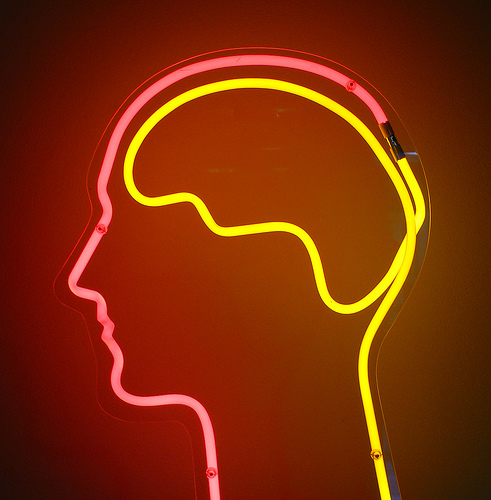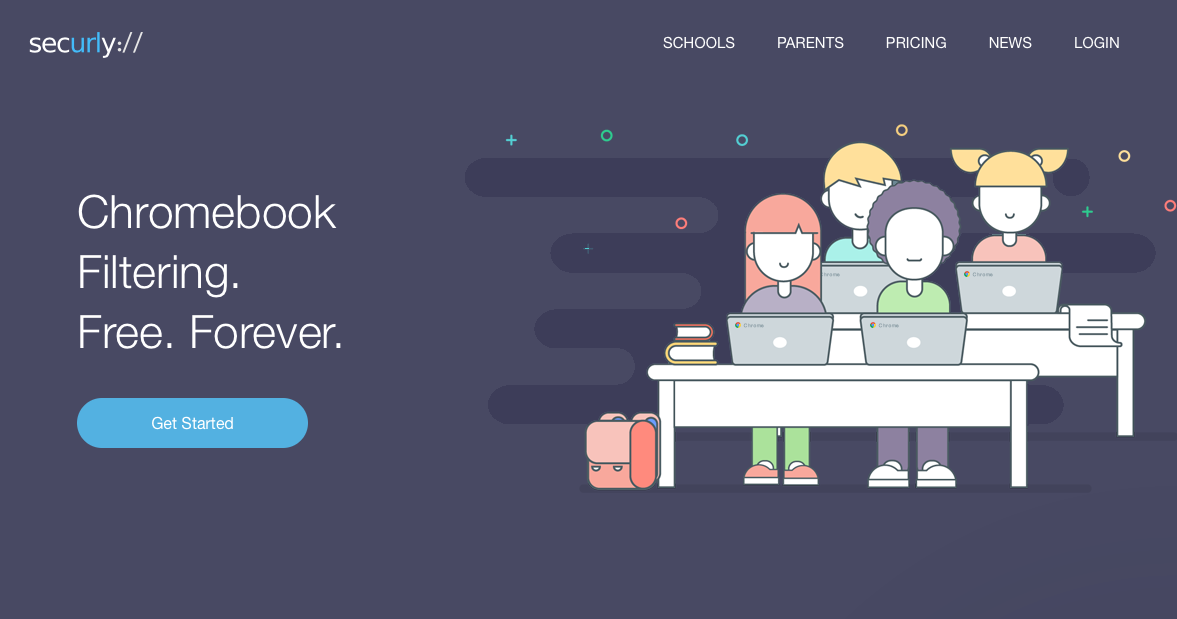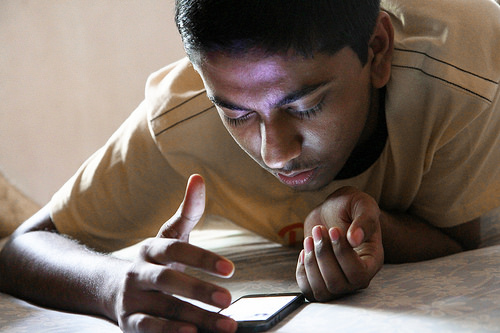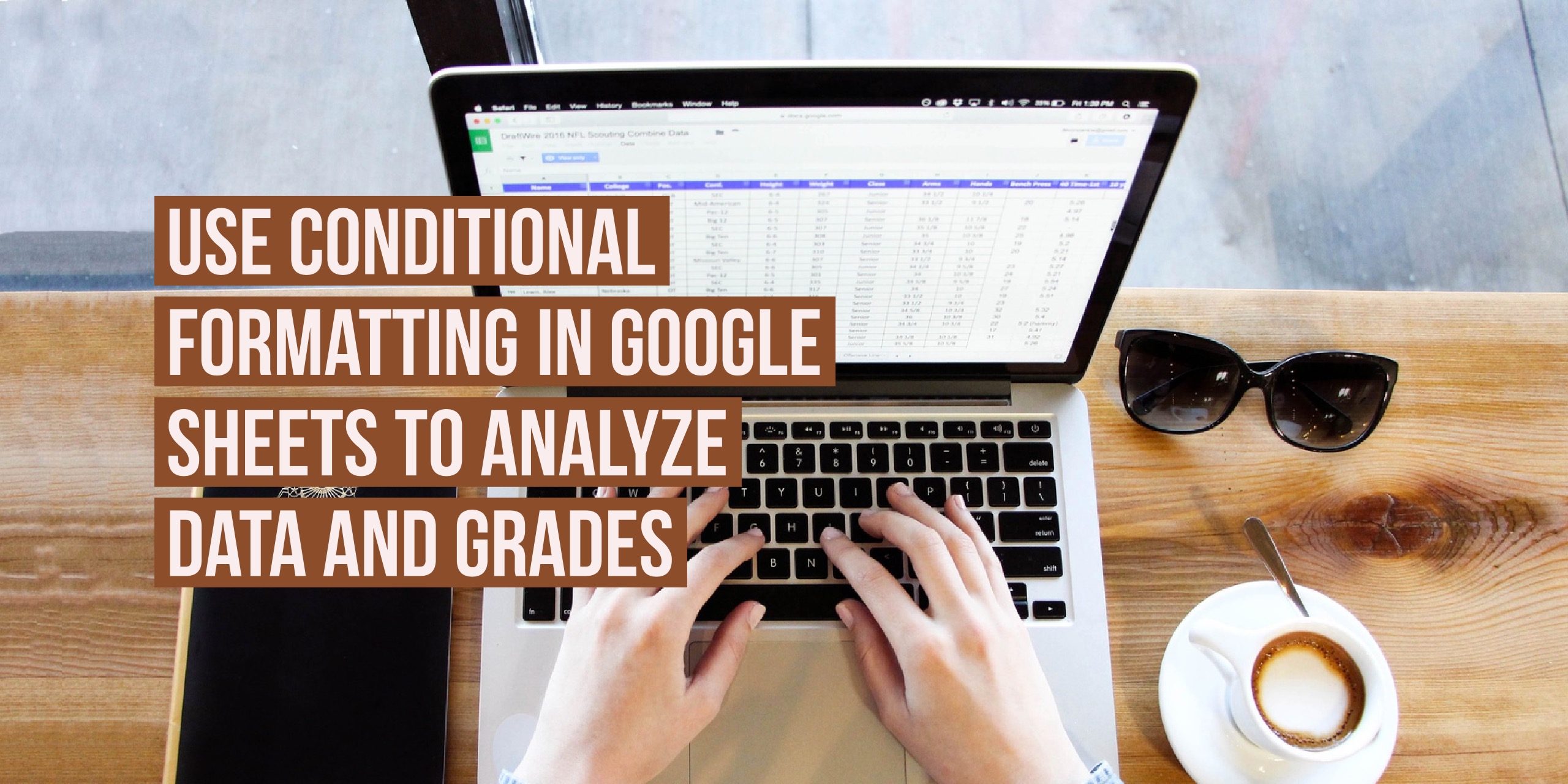Focusing on mistakes
Once a month, this column will examine the insights that science offers about the way people learn, and how such findings could influence schools. Most of us can remember a moment like this from our school years: the teacher poses a question – maybe it’s math, maybe history. You raise your hand, you give your…









